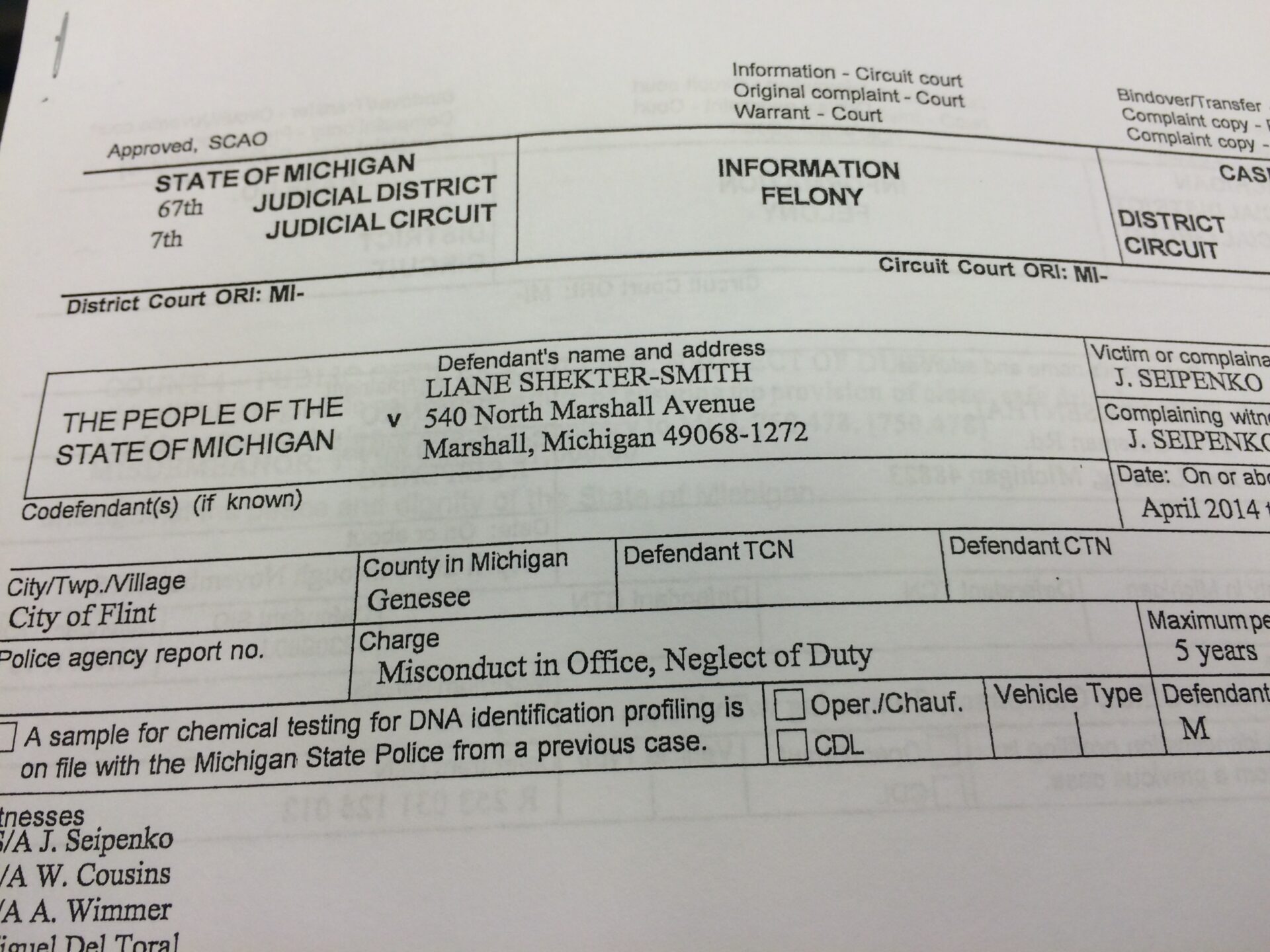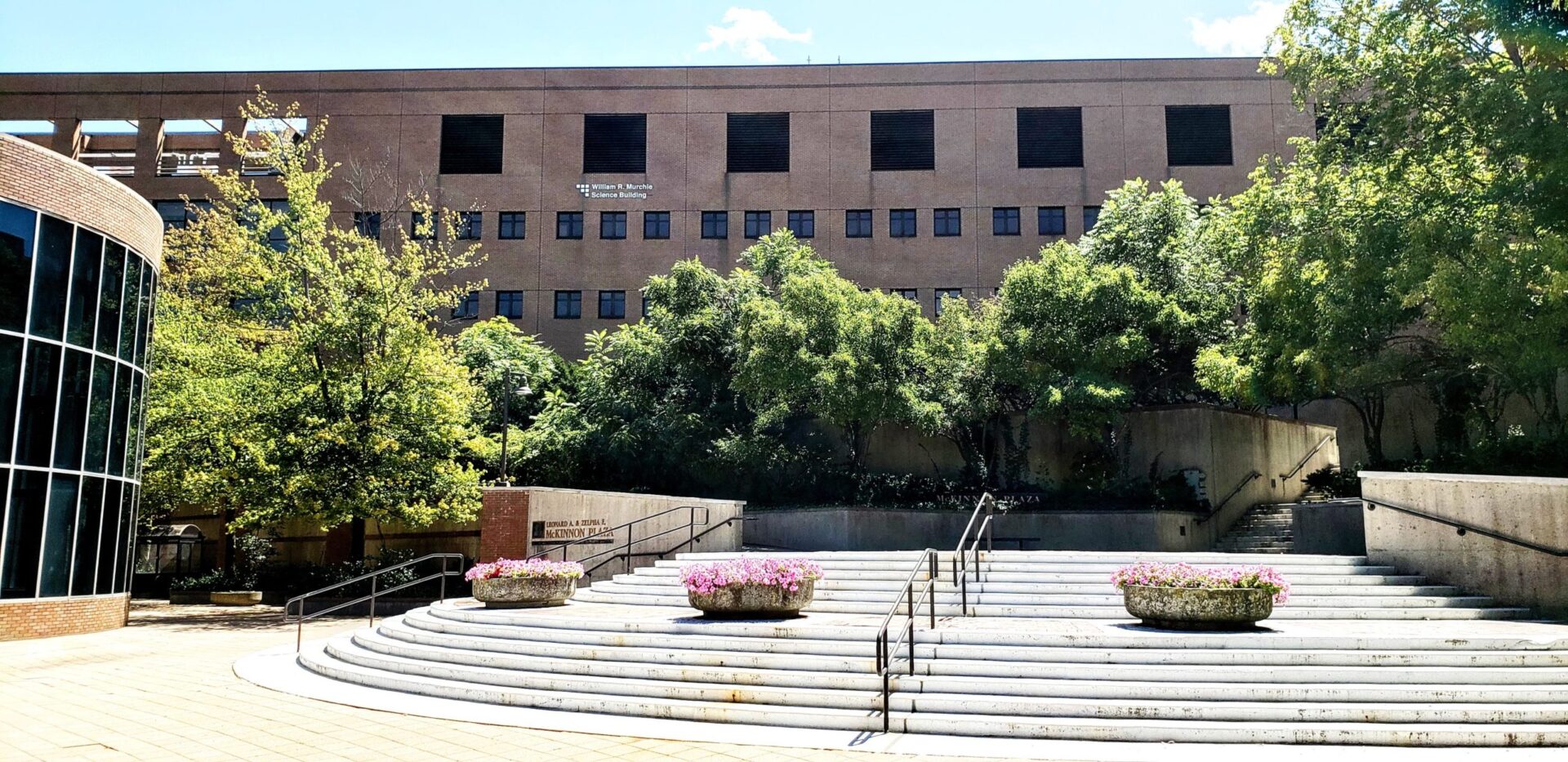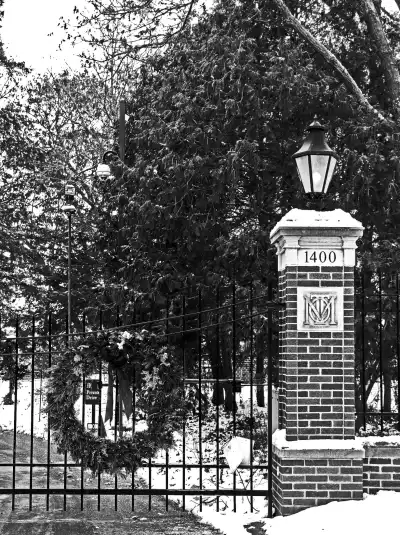By Jan Worth-Nelson
At the heart of the Flint water crisis is “a failure and a shocking denial of what should be a right…a failure at every level of government,” an attorney for the Natural Resource Defense Council told a group of environmental journalists meeting in Flint July 22.
What has happened in Flint is “an extraordinarily important point of reality for the United States of America,” according to Henry Henderson, Midwest director for the NRDC.
It is, he said, “a challenge to democracy, a challenge to science, and a challenge to public access to water.”
The NRDC is a non-profit legal advocacy organization representing issues of environmental justice nationwide. The group is the legal representative in a pending federal lawsuit filed in January in the U.S. District Court against the City of Flint and the State of Michigan.
Plaintiffs are the ACLU of Michigan, Flint water activist Melissa Mays and the Flint-based Concerned Pastors for Social Action.
The basis for the lawsuit is alleged violations by the city and state of the federal Safe Drinking Water Act of 1970.
According to the NRDC website, “The lawsuit asks a federal court to compel the City and state officials to follow federal requirements for testing and treating water to control for lead and to order the prompt replacement of all lead water pipes at no cost to Flint residents. The groups and Ms. Mays also seek appropriate relief to remedy the health and medical harms to Flint residents from the lead contamination. The lawsuit is not seeking monetary damages.”
Henderson was one of three on a panel addressing the board of the Society of Environmental Journalists meeting in Flint to consider holding their 2018 convention in the city.
The other two panelists were ACLU investigative journalist Curt Guyette, whose reporting unveiled many details of the crisis, and Flint Democracy Defense League activist Nayyirah Shariff, whose group formed initially in protest to the emergency manager takeover of Flint imposed by the State of Michigan.
“We are in the midst of an unmitigated attack on democratic values,” Henderson said, noting that the notion of a society that provides basic rights appears to be as corroded as Flint’s water pipes.
He said there’s a distrust of public solutions to social problems in the country, suggesting a sense that in some quarters “there is no such thing as a society,” and that if someone can afford to get water for themselves through private means, they shouldn’t have to take care of others. The attitude permeating much policy making debate, he warned, is “If people can’t get water for themselves, that’s their problem.”
A close examination of the Flint water crisis and its national implications, “What’s in your water: Flint and beyond” has been produced by the NRDC and is available online.
Guyette echoed Henderson’s concern about the loss of democratic values through the emergency manager system as represented in the Flint crisis. And he praised local activists for their persistence in pressing for answers and action.

Curt Guyette
“What happened in Flint was that democracy was taken away. And that is the fundamental part of what happened here,” Guyette said, noting that a nonpartisan panel appointed by the state to examine the Flint crisis came to the same conclusion.
But he credited Shariff, the Flint Democracy Defense League, and other Flint activists for showing that citizen involvement still can make a difference, even in the face of what he described as “callous disregard” for the rights of the people of Flint, especially by state officials such as former emergency manager Jerry Ambrose and Brad Wurfel, former director of communications of the Michigan Department of Environmental Quality who resigned in the midst of the crisis.
“No elected politician would ever talk [the way they did] to their constituents because they would not be an elected politician very long. But Ambrose didn’t care what the people thought about it – because the only person he had to please was the Governor that had appointed him.”
“You don’t roll over the people of Flint,” Guyette added. “The people of Flint brought this to the world’s attention by refusing to give up and to believe the lie that the water was safe.”
Shariff, however, emphasized that the story still is unfolding, since the federal emergency declaration expires August 14 and the nature of the state’s ongoing response still isn’t assured.
“This is going to be a long-term struggle for reparations,” Shariff said. “All of the services we have right now are inadequate. We still are fighting with the state for just a pittance.”
Describing efforts by local activists as “a David and Goliath story,” she also said having to go to the state for redress was like a domestic abuse situation in which the victim has to go to the abuser for help.
She asserted, “At the bottom of this is a moral failure…we are a poor community of color and to a lot of us it felt like we didn’t matter” to the powers that be.
“There is a deep story here,” Henderson agreed, in response to Shariff, “and it is a very important part of the arc of justice. This story of ignoring the interests of communities of color is rich, deep and horrifying.”
Shariff concluded that the Flint story has significant national implications. “This needs to be part of a larger conversation,” she said. “We need to ask ourselves the question: who are we as a country?”
EVM editor Jan Worth-Nelson can be reached at janworth1118@gmail.com.








You must be logged in to post a comment.